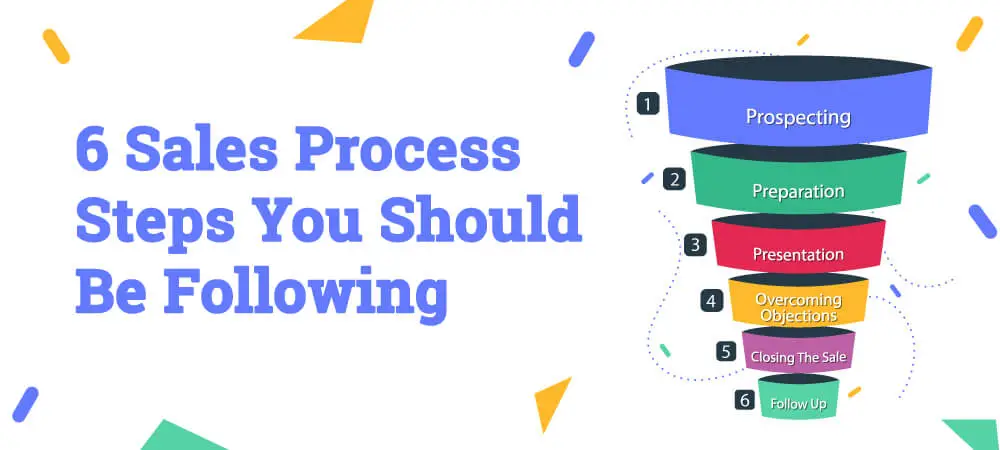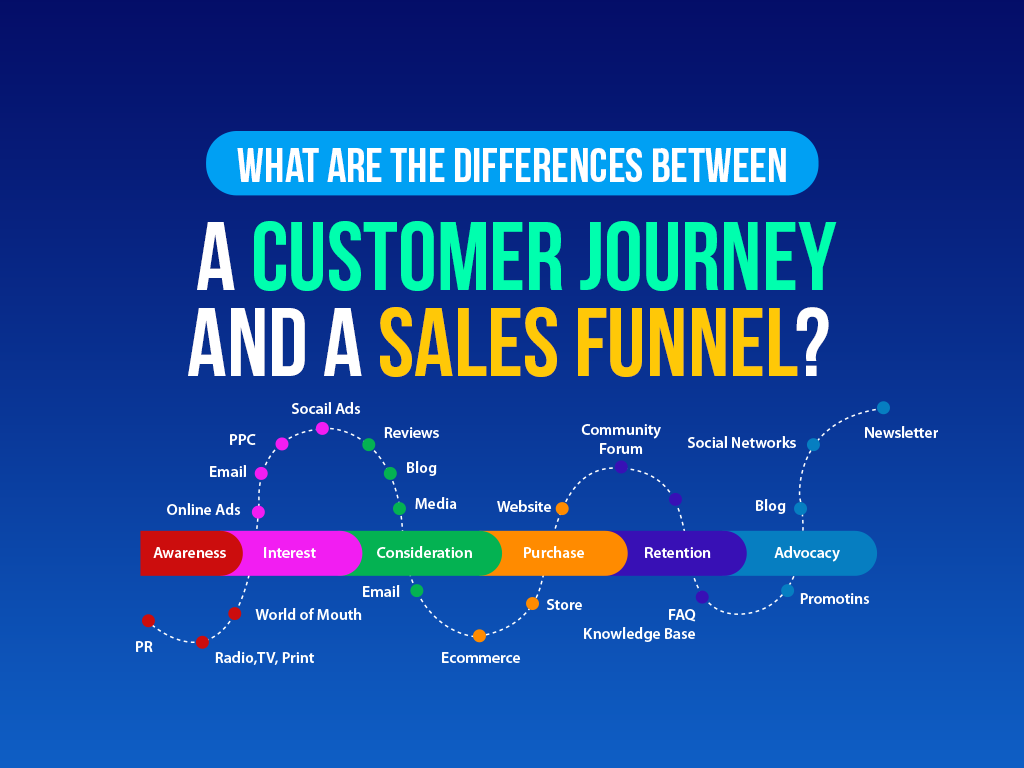You are about to initiate on a journey towards mastering the digital sales process from start to finish. In this comprehensive guide, we will provide you with a roadmap that will take you through each step of the sales cycle – from generating leads to closing deals. Whether you are a seasoned sales professional looking to enhance your digital sales skills or a newcomer to the world of sales, this blog post aims to equip you with the knowledge and strategies needed to succeed in the competitive digital sales landscape.
1. Understand customer needs before pitching.
2. Utilize data and analytics for sales strategy.
3. Personalize communication to build relationships.
4. Implement automated marketing for lead nurturing.
5. Develop sales pipeline to track progress.
6. Continuous learning and adaptation for sales success.

Lead Generation: The Starting Point of Digital Sales
Harnessing Digital Platforms for Lead Acquisition
On the digital frontier, businesses are presented with a plethora of opportunities to acquire leads through various platforms. From social media channels like LinkedIn and Facebook to search engine optimization techniques, the possibilities are endless. Leveraging these platforms strategically can significantly bolster your lead generation efforts and expand your reach to a wider audience.
Crafting Compelling Content to Attract Prospects
Any successful digital sales strategy begins with the creation of compelling content that resonates with your target audience. Whether it’s through insightful blog posts, engaging videos, or eye-catching social media campaigns, crafting content that adds value and captivates prospects is important. By providing relevant and informative content, you can position your brand as a thought leader in the industry and cultivate trust with potential customers.
The key to crafting compelling content lies in understanding your audience’s pain points, preferences, and interests. By conducting thorough research and staying abreast of industry trends, you can tailor your content to address the specific needs of your target market. Additionally, incorporating visual elements, such as infographics and videos, can help enhance the overall appeal of your content and drive engagement.
Lead Nurturing: Building Relationships Online
You are navigating the complex digital landscape of lead nurturing, where establishing and cultivating relationships with potential customers is key to achieving sales success. Leveraging the power of platforms like LinkedIn can provide invaluable opportunities for connecting with prospects. Check out this insightful article on B2B Sales Mastery: Leveraging LinkedIn for Leads for expert tips on maximizing your lead generation efforts.
Personalization in Digital Communications
On the digital frontier, personalization is the key to capturing and maintaining the attention of your leads. Tailoring your communications to address their specific needs and interests can significantly impact engagement and conversion rates. By utilizing data insights and analytics, you can craft personalized messages that resonate with your audience, fostering stronger relationships in the process.
Using Automation to Streamline Lead Nurturing
To effectively scale your lead nurturing efforts, automation tools play a crucial role in streamlining the process. Automation allows you to set up targeted workflows that deliver the right message at the right time, ensuring consistent engagement with leads throughout their journey. By automating repetitive tasks and leveraging AI-powered insights, you can optimize your lead nurturing strategy for efficiency and effectiveness.
Nurturing leads through personalized and automated campaigns empowers you to build lasting relationships with potential customers, ultimately driving increased sales and revenue. Embrace the power of digital tools and strategies to enhance your lead nurturing efforts and propel your sales success to new heights.
Conversion Strategies: From Prospect to Customer
Tailoring Digital Sales Pitches
Sales pitches in the digital realm require careful customization to resonate with each prospect. Tailoring your message to address their specific pain points and needs is important for successful conversion. Utilize data from previous interactions and leverage insights gained from analytics to deliver personalized solutions that speak directly to the prospect’s challenges.
Overcoming Objections and Closing Techniques
Any seasoned sales professional knows that objections are a natural part of the sales process. The key lies in not just addressing these objections but turning them into opportunities to showcase the value your product or service offers. Implementing effective closing techniques such as the assumptive close or the summary close can help seal the deal and drive prospects towards making a purchase decision.
Customer objections can range from concerns about pricing to doubts about the product’s effectiveness. It’s crucial to approach objections with empathy, actively listening to the prospect’s concerns and offering well-thought-out responses. By addressing objections head-on and demonstrating how your offering meets the prospect’s needs, you can build trust and credibility, ultimately increasing the likelihood of closing the sale.
Optimizing the Sales Process
Analyzing and Refining Sales Tactics
For a successful digital sales process, it is crucial to continuously analyze and refine sales tactics. This involves evaluating the effectiveness of different sales approaches, identifying what works best for your target audience, and making necessary adjustments to enhance overall performance.
Integrating Customer Feedback
Refining the sales process also involves integrating customer feedback at every stage. By listening to the concerns, preferences, and needs of your customers, you can tailor your sales approach to better meet their expectations. Customer feedback is invaluable in understanding what drives their purchasing decisions and allows you to make strategic changes to optimize the sales process.
Sales teams must be proactive in seeking feedback through surveys, reviews, and direct communication to ensure a customer-centric approach. By integrating customer feedback into the sales process, businesses can build stronger relationships with their clients, increase customer satisfaction, and ultimately drive more sales.
Final Words
On the whole, “Digital Sales Mastery – A Roadmap from Lead Generation to Closure” provides a comprehensive guide for mastering the digital sales process. From understanding the importance of lead generation to closing deals effectively, this roadmap equips sales professionals with the knowledge and skills needed to succeed in today’s digital world. By implementing the strategies outlined in this book, sales teams can increase their efficiency, improve their conversion rates, and ultimately drive more revenue for their organizations. With a focus on leveraging technology and data to optimize the sales process, this book is necessary reading for anyone looking to excel in digital sales.





